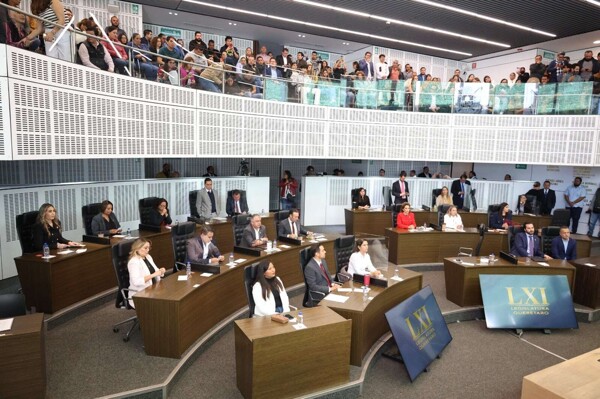
In 2024, it was revealed that the authoritarian trends that emerged in 2016 continue to be present worldwide, affecting the rule of law globally. The World Justice Project (WJP) consulted experts from different regions to establish the universal principles of the rule of law, which are based on internationally accepted standards.
One of the key areas evaluated by the WJP is access to justice, highlighting the importance of having competent, ethical, neutral, and independent representatives who provide accessible services, with adequate resources and reflecting the diversity of communities. The report addresses concerns about government powers, levels of corruption, fundamental rights, security, regulatory effectiveness, and civil, criminal, and informal justice.
To measure this information, a conceptual framework developed by researchers who consult various global stakeholders is used, allowing for the assessment of the progress or regression of countries in terms of the rule of law. In the case of Mexico, the results show a constant regression in recent years, reflecting abuses of power, human rights violations, and failures in the judicial system.
The country received a total score of 0.41 on a scale from 0 to 1.0, ranking 118 out of 142 worldwide and 28 out of 32 regionally. These concerning results in areas such as corruption, criminal justice, and security place Mexico in a challenging position internationally.
Despite the efforts of some countries to reverse authoritarian trends and improve access to justice, the report highlights the need for actions to strengthen the rule of law globally. In this sense, it is crucial to consider these studies to assess risks in long-term investments and promote reforms that foster development and respect for human rights.














